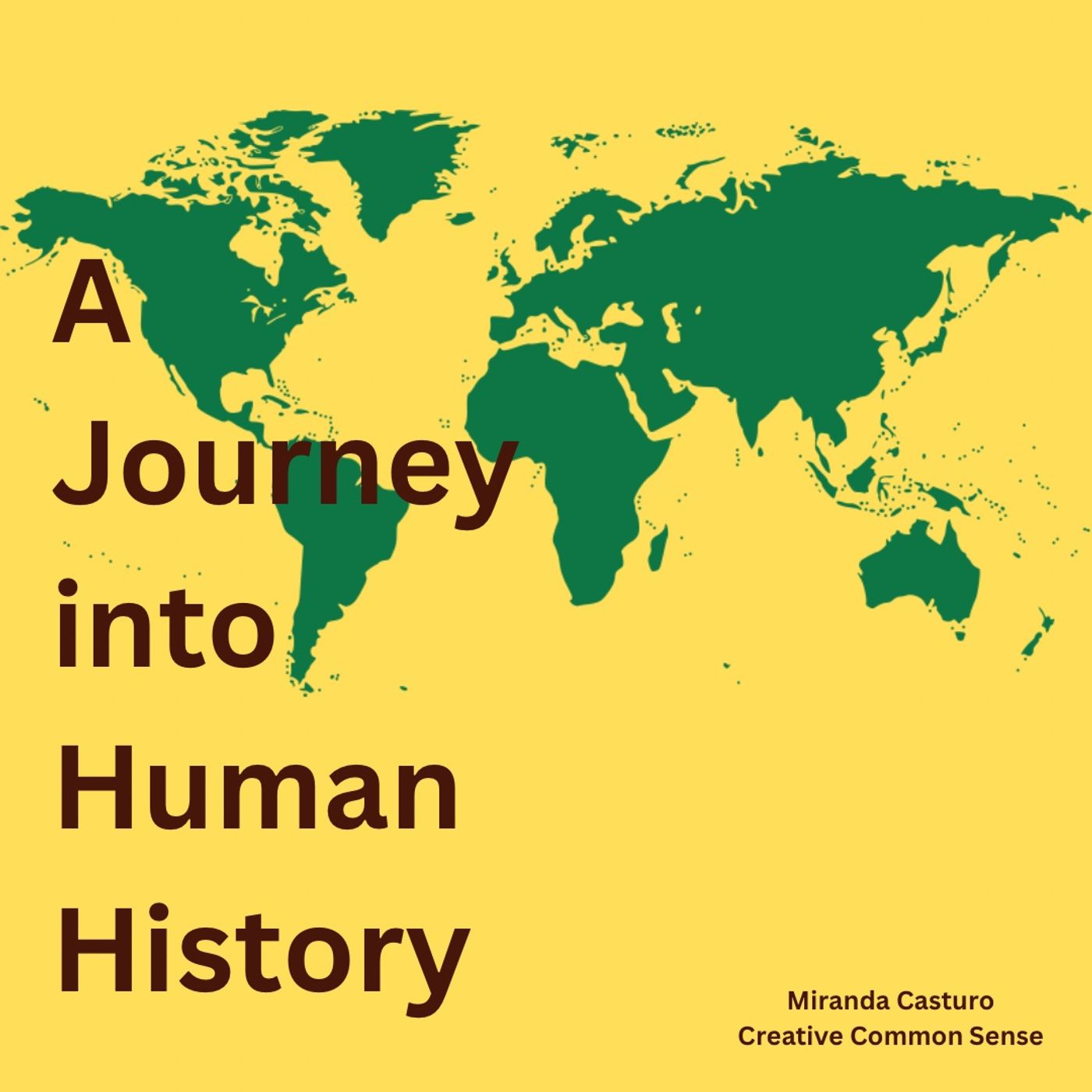Christianity and Islam outside Central Asia
Description
The forces of centralization and conformity in Western Christendom scored important victories, crushing heretical movements and formalizing institutions such as the Inquisition to keep them down. On the other hand, crusaders and kings alike often ignored the papal will with virtual impunity. Monarchs in France and the Two Sicilies laid the groundwork for strong royal bureaucracies to keep the nobility in check. In other areas, nobles and merchants in places like England and Iberia created institutional arrangements to protect their rights and resources from royal abuse.
The Muslim-held portions of the Mediterranean saw frequent struggles over who would govern as institutions to ensure orderly succession failed to develop. Whoever had the military strength to impose law and order did so until they were displaced. Perhaps nothing demonstrated this pattern more than the rise of the Mamluk dynasty, founded by the mercenaries long used in struggles by different descendants of Salah al-Din. In North Africa, this failure of succession and changing military realities led to a collapse of centralized power and a yielding of land in Iberia to growing Christian states. In both areas, however, Sunni Islam emerged stronger than it had been at the beginning of the thirteenth century, although the strength of Muslim governance in the Iberian Peninsula was on a precipitous decline from which it would not recover.
All images referenced in this podcast can be found at https://openstax.org/books/world-history-volume-1/pages/14-4-christianity-and-islam-outside-central-asia
Welcome to A Journey into Human History.
This podcast will attempt to tell the whole human story.
The content contained in this podcast was produced by OpenStax and is licensed under a Creative Commons Attribution License.
Access for free at https://openstax.org/books/world-history-volume-1/pages/1-introduction
Podcast produced by Miranda Casturo as a Creative Common Sense production.
More Episodes
Over the course of the eighteenth century, a series of famines and economic crises deepened wealth inequality and narrowed access to political power on both sides of the Atlantic. As the growing influence of the public sphere and Enlightenment ideas of equality and liberty shaped opposition to...
Published 12/25/23
Published 12/25/23
Over the course of the seventeenth and eighteenth centuries, the public sphere became an increasingly important component in the spread and development of Enlightenment ideas. As networks of informal socialization and intellectual exchange, coffeehouses provided a setting in which people from all...
Published 12/22/23


